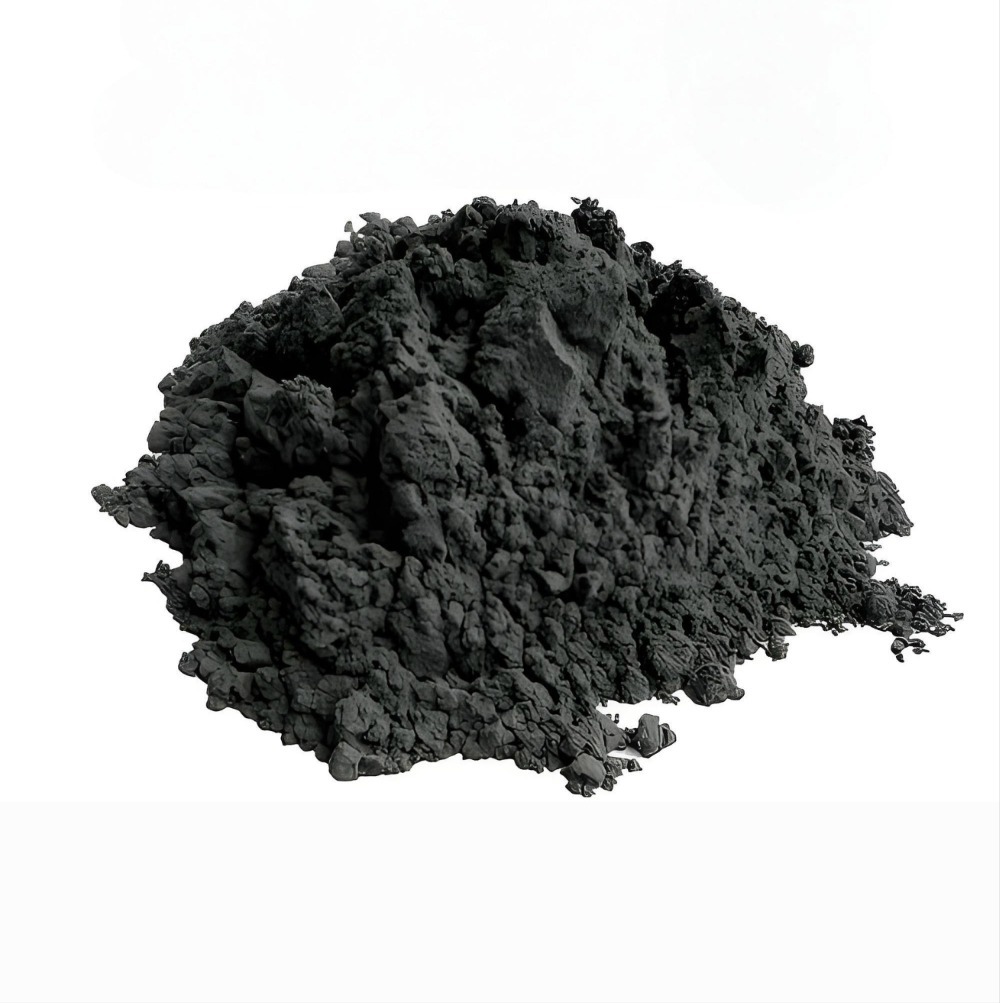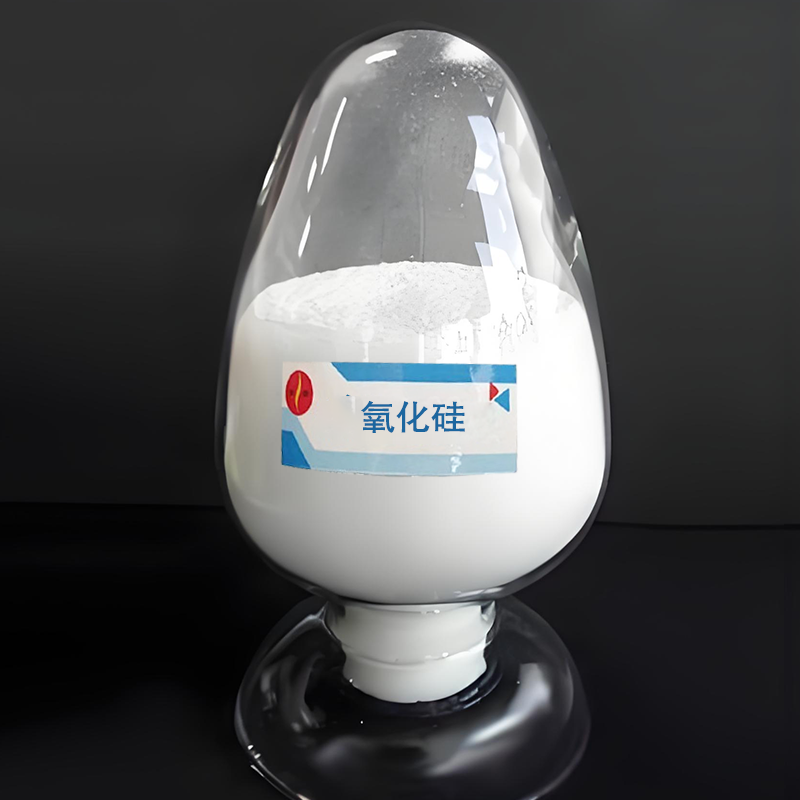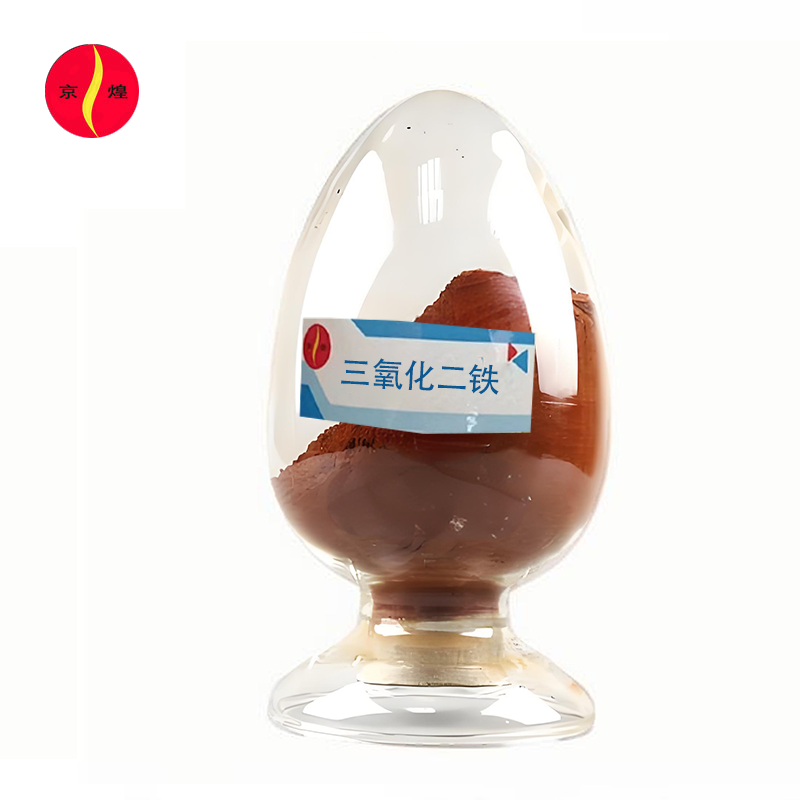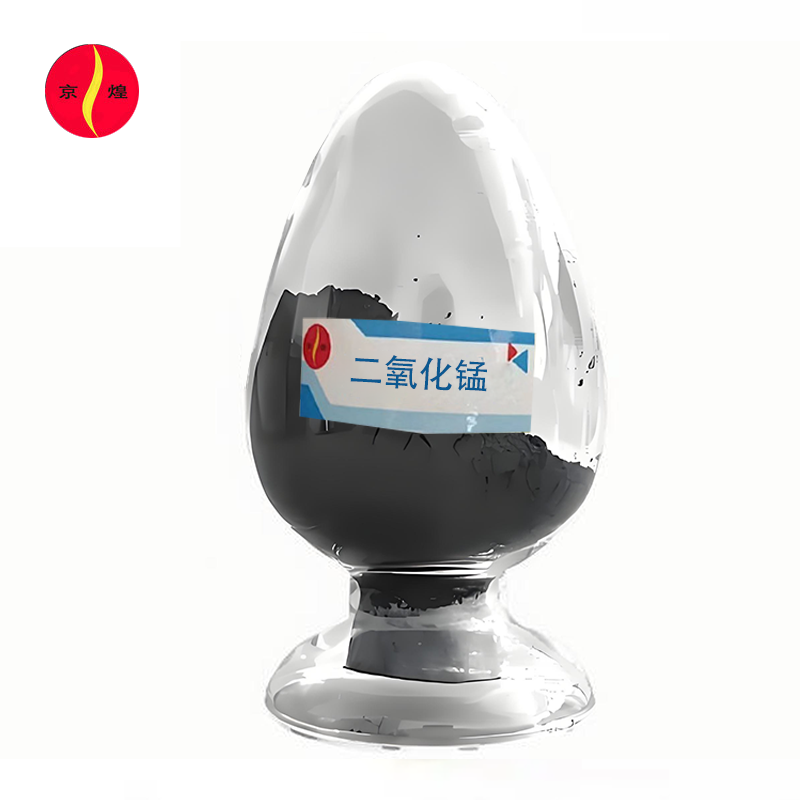Contact Us
Tel/WeChat: +86 13273449929
E-mail: sales1@jinghuangnm.com
Address: 1803, Block C, Wanda Plaza Office Building, Yuhua District, Shijiazhuang City, Hebei Province
Nano boron oxide
- Commodity name: Nano boron oxide
Number:
Key words:
- Product Description
-
Product Features:
Boron oxide is a colorless glassy crystal or powder. It has a hard and brittle surface, is soap-like, and odorless. It is stable when heated or at white heat, even if it is not reduced by carbon. However, it can be reduced to elemental boron by alkali metals, magnesium, and aluminum. At about 600℃, it turns into a viscous liquid. Boric anhydride has a strong ability to absorb moisture from the air, producing boric acid. It is soluble in acids, ethanol, and hot water, and slightly soluble in cold water. Boron oxides can combine with some metal oxides to form boron glass with characteristic colors. It can completely dissolve in alkali metals, copper, silver, lead, arsenic, antimony, and bismuth oxide. The density of crystalline boron oxide is 2.46g/cm3, while the density of amorphous boron oxide is 1.80~1.84g/cm3, melting point: 557℃, solubility (g/100gH2O): 1.1 (0℃), 15.7 (100℃) very hygroscopic, becomes cloudy after moisture absorption, and is also soluble in alcohol.
Product Parameters:
Testing Items Testing Standards Testing Results Purity (%) >=98.5 98.6 Na2O+K2O (%) <=0.02 >=95.1 Iron (%) <=0.005 0.002 Sulfur (%) <=0.025 Not Detected CrCoMnNi (%) <=0.005 Not Detected Pb (%) <=0.005 Not Detected Cd (%) <=0.005 Not Detected Application Industries:
1. Used as a solvent for decomposing borosilicate.
2. Can be used as a dopant in semiconductor materials.
3. Can be applied as an additive in heat-resistant glass and fireproof coatings.
4. A major raw material for producing boron elements and various borides.
5. Suitable for alloy steel production in the metallurgical industry, producing high-energy fuels.
6. A raw material for glazes.
7. Used in the chemical heat treatment of boron solution raw materials in the machinery industry.
8. A catalyst for organic synthesis.
9. Used as a lubricant additive at high temperatures.
10. Used in atomic energy and electronics industries, etc.
Get Quote
Note: Please leave your contact information and our professionals will contact you as soon as possible!
Related Products








